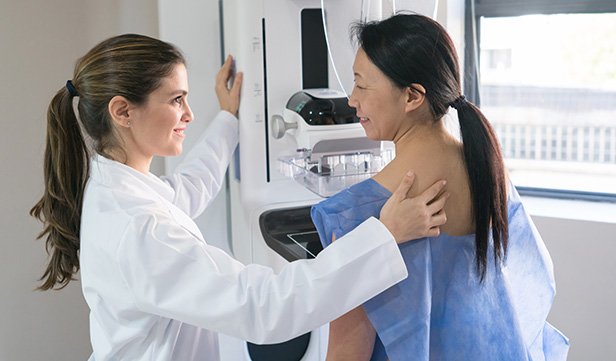Colorectal cancer is the second most common cause of death from cancer in the United States. The good news is that it usually develops slowly and is preventable. That’s why routine screenings are so important. When found early, doctors can stop colorectal cancer before it starts.
- Home
- PSHB Program
-
High Option
Consumer Driven Option
- Healthy Living
-
High Option
Consumer Driven Option
All Members
- Change your address
- Order Claim Forms
- Form 1095-B
- Health Risk Assessments
- HIPAA Privacy Forms
- Notice of Privacy Practices
- Advance Directives
- Complaints and Grievances
- Member Rights and Responsibilities Statement
- Coordination of Benefits
- Surprise Billing Notice
- APW-ABA(external link)
- FSA Feds(external link)
- OPM.gov(external link)
- PostalEase(external link)






